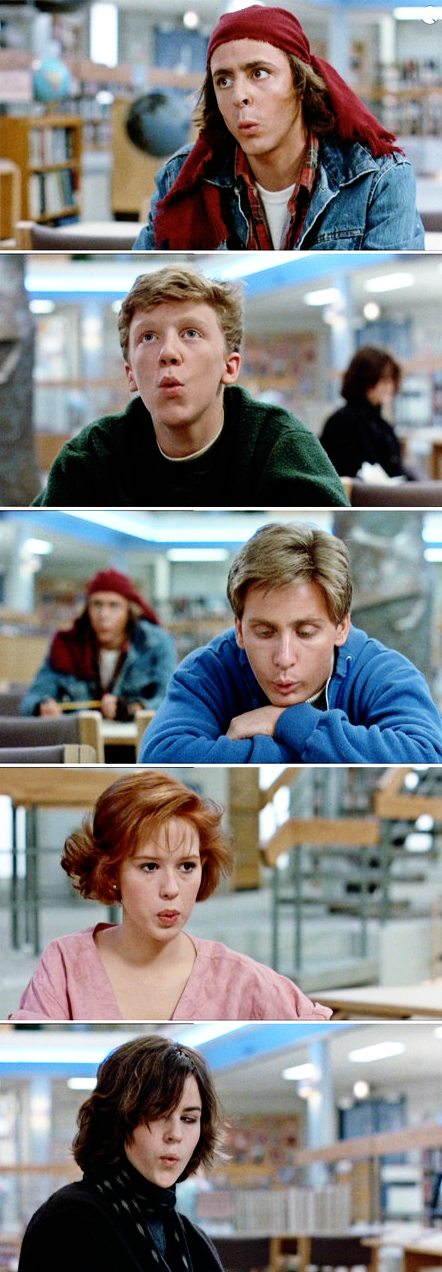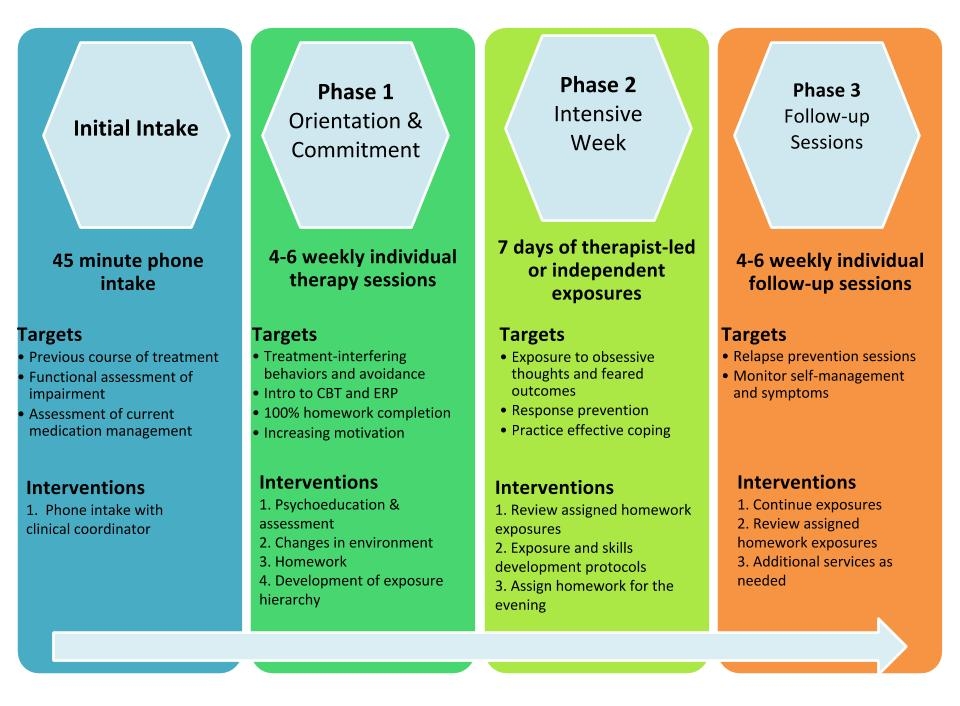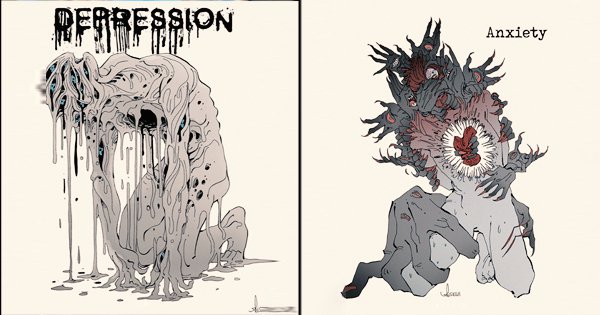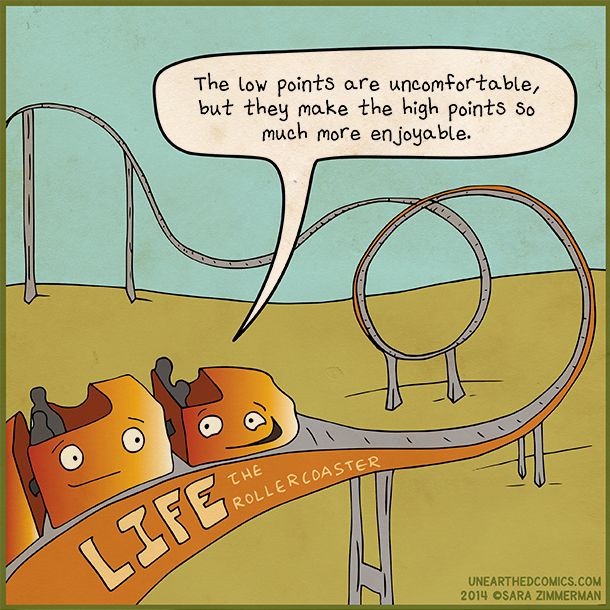Verbally abused by father
How To Deal With Verbally Abusive Parents
In today’s society, it can often seem like there are a lot of parents being verbally abusive to their children, whether or not that is actually the case.
It may be only a matter of perception or due to the fact that, whenever anything bad happens to anyone, we all hear about it in ways that we didn’t before because of technology.
Whatever the case, if you’re having it happen to you, you probably don’t care about how common or rare it is so much as you care about how to deal with verbally abusive parents.
It goes without saying that this type of parenting can be incredibly damaging to the emotional and psychological well-being of the child.
Many people have experienced verbal abuse from their parents and managed to survive, but that doesn’t mean that it was easy for any of them.
What is verbal abuse?Verbal abuse is any type of communication that is verbally harmful or derogatory.
It can be constant, frequent, and severe – particularly if there is alcohol or any other form of mood-altering substance involved.
Some signs of verbal abuse include insulting language, name-calling, epithets, threats, and domination/subordination tactics.
It can be difficult to deal with verbal abuse because it often feels like the abuser has the upper hand and you are powerless to do anything about it.
However, there are ways to cope with and get through abusive relationships.
Why Do Some Parents Verbally Abuse Their Kids?There are many possible reasons why a parent might verbally abuse their child.
Some parents may be dealing with their own personal issues and lash out at their children as a way of dealing with their anger or frustration.
Other parents may have grown up in homes where verbal abuse was common, and they may not be aware of how harmful it can be to their children.
If you are the child of verbally abusive parents, it can be difficult to know how to deal with the situation.
It is important to remember that you are not responsible for your parents’ behavior, and you cannot change them.
The best thing you can do is focus on your own well-being and try to build a support system of family and friends who will offer you emotional support.
You may also want to consider talking to a therapist, who can help you process the feelings that come up when dealing with verbally abusive parents.
Signs that your parents are verbally abusiveSome warning signs include: being constantly criticized, being made to feel guilty or ashamed about things that you do not have control over, being ignored or talked down to, and being threatened or yelled at.
If you’re experiencing any of these signs, it’s important to talk to someone you trust about what’s going on.
There are also a number of other signs that you can look for.
You may also want to consider seeking professional help when learning how to deal with verbally abusive parents.
This can be an incredibly difficult process, but it’s important to remember that you deserve to be treated with respect.
If you are being verbally abused by your parents, it is important to take action to protect yourself.
Verbal abuse can be extremely damaging and can leave you feeling scared, alone, and devalued.
There are steps you can take to deal with verbally abusive parents and create a safer home environment for yourself.
1.
Understand That Verbal Abuse Is Never Your FaultThe abuser is responsible for their own actions, and they should not be allowed to blame or hurt you with their words.
You need to keep in mind that the abuse is about the abuser’s issues, not about you.
You can’t change the abuser.
You are not at fault for what they do, and you have no responsibility for it.
Take care of yourself!
2.
Set Boundaries With Your ParentsThis means communicating clearly what behaviors are acceptable and unacceptable for them around you.
If they cross a boundary, be sure to let them know in a clear and assertive way that their behavior is not okay.
It is important to remain respectful and kind, even if they are hurtful.
You don’t have to be friends with your abuser but it is important that you live in a healthy environment.
Learning how to establish healthy boundaries is a great step in that direction.
3.
Understand That There Is No Such Thing As A Perfect Parent.Nobody is perfect, and that includes parents.
If you are dealing with a verbally abusive parent, understand that there is no such thing as a perfect parent.
They may have issues that led to their abusive behavior, and they may not know how to change their ways.
It is important to be patient and understanding, while also setting boundaries for yourself.
You deserve to be treated with respect, and you should not allow yourself to be verbally abused.
If the abuse continues, it may be necessary to distance yourself from the abuser or even seek professional help.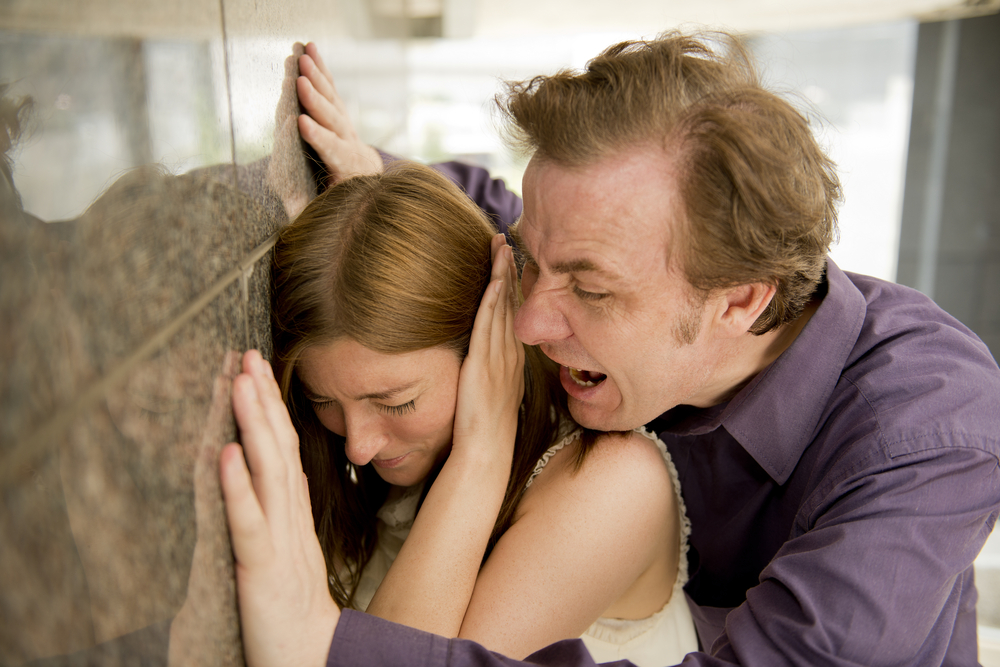
You can use this realization to help you to forgive your parents for the verbal abuse they have inflicted upon you.
4.
Remember That You Are Not Alone.If you are experiencing verbal abuse from your parents, it can be hard to know what to do or how to deal with verbally abusive parents.
It is important to remember that you are not alone in this situation, and there are people who can help you get through it.
One thing that can be helpful is to talk to someone else about what is going on.
This could be a friend, family member, therapist, or any other trusted person.
Talking about the abuse can help you process it and start to heal.
Another thing you can do is create or join a support group for people who have experienced verbal abuse from their parents.
This can provide you with a safe space to share your experiences and get support from others who understand what you are going through.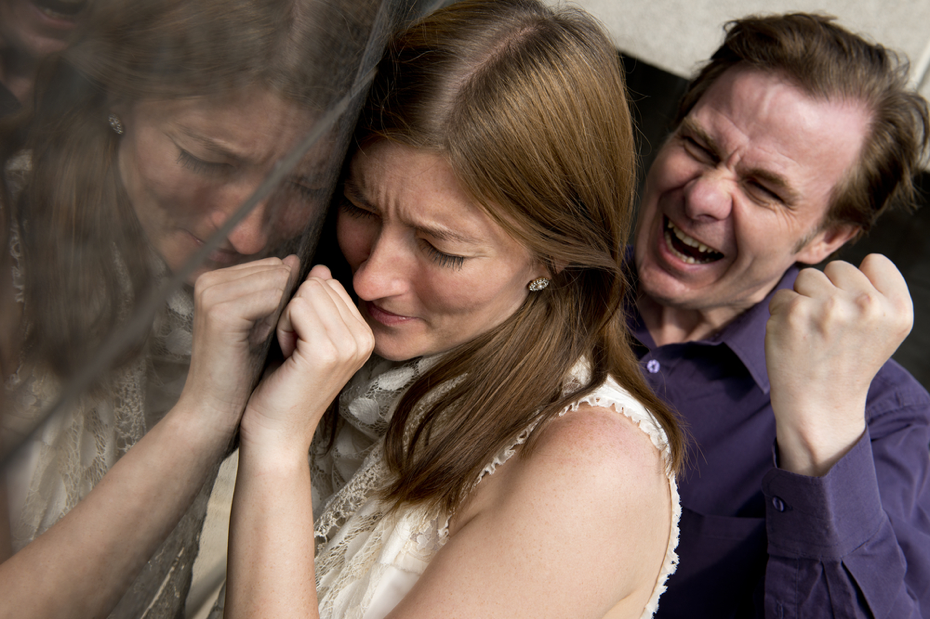
Finally, don’t hesitate to reach out for professional help if you need it.
5.
Focus On Your Own Growth Instead Of On The Past And Put Your Attention Onto Yourself.If you’re one of the many people who have endured verbal abuse from a parent, it can be tough to know how to move on.
It’s natural to want to look back and try to understand why your parents acted that way, but dwelling on the past won’t do you any good.
The best way to deal with verbal abuse is to focus on your own growth.
Instead of spending your time and energy trying to figure out what went wrong in your relationship with your parents, put your attention onto yourself.
What are your goals?
What do you want for your future?
What kind of person/parent/spouse do you want to be?
These are the things that will help you move forward from what happened in the past.
Of course, it’s not easy to forget about the abuse, but by focusing on yourself, you can start to heal the wounds that were inflicted by your parents.
The goal is not necessarily to forget what happened, but rather to learn and grow from it.
6.
Have Compassion And Empathy For Others.Growing up, many people dealt with verbally abusive parents.
It’s not easy, but we can learn how to have compassion and empathy for them.
First, we should understand that our parents were likely raised in a similar environment, and may not have received the support they needed to learn how to communicate effectively.
Next, we should forgive and make meaning from our experiences with them.
This is not an easy feat. Man’s Search for Meaning by Viktor Frankl can be a helpful guide for understanding how to make meaning from challenging, traumatic situations.
Finally, we should try to understand their perspective, even if we don’t agree with it.
This will help us to maintain a relationship with them, and may even lead to some healing.
7.
Seek Help From A Professional Therapist Or Counselor.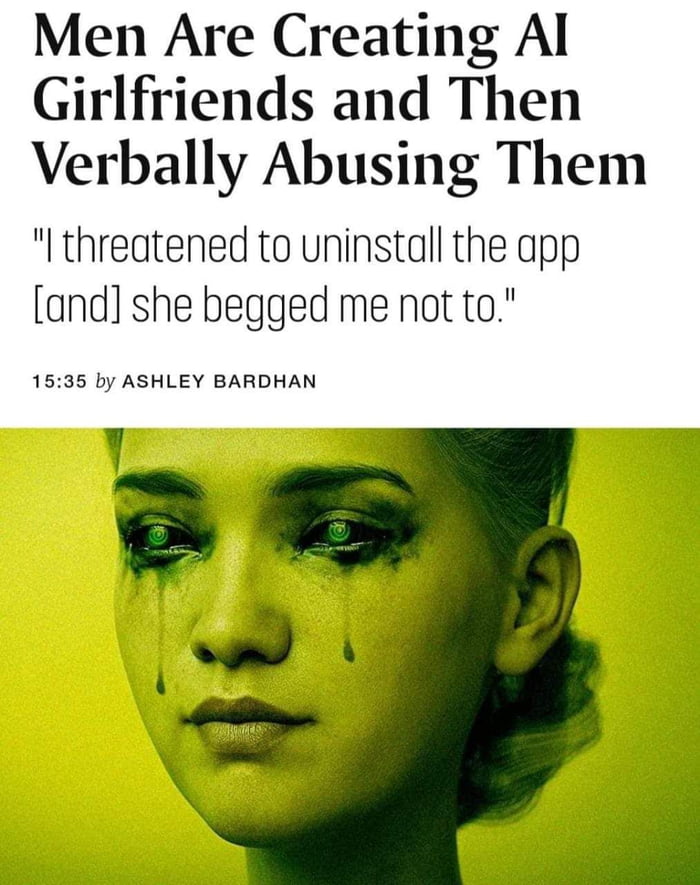
If you are dealing with verbally abusive parents, it can be very helpful to seek help from a professional therapist or counselor.
They can help you navigate through this difficult situation and provide you with the support you need.
Therapists understand how to deal with abusive behavior, and they can provide you with the tools you need to protect yourself, set limits with your parents, and/or process the traumatic experiences you have been through.
Additionally, therapy can help you develop a relationship with your parents, even if they continue to be abusive.
Therapists can help you understand why your parents are abusive and provide tools for dealing with the situation.
Another option is self-help groups, which offer support from other people who are in a similar situation.
These groups can be helpful in sharing coping strategies and getting advice from others who have been through it.
Finally, talking to someone outside of the family can also be helpful in getting another perspective on the situation and finding solutions.
If you’re one of the many people who have experienced verbal abuse from your parents, you may feel like there’s no way to heal.
However, there are several things you can do to start the healing process and begin to move on from the abuse.
First, it’s important to understand that the abuse was not your fault.
Your parents were responsible for their own actions, and they were wrong to hurt you in this way.
Second, try to find a support group or therapist who can help you deal with the emotional pain of the abuse.
Talking about what happened can be very helpful in starting to heal. There are also evidence-based treatments for trauma that can be very helpful in processing your emotions.
Finally, try to focus on your own happiness and goals.
Spend time with friends and loved ones who make you happy, do things that make you feel good, and don’t let your parents’ abuse keep you from living a full and happy life.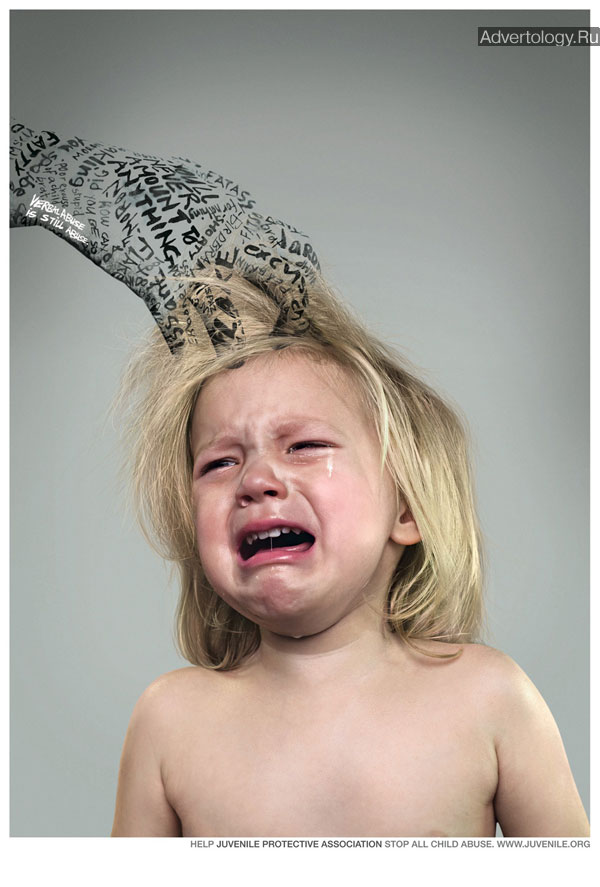
No matter how old you are, it can be difficult to deal with verbally abusive parents.
If you’re still living at home, it can be hard to make yourself heard and stand up for yourself.
You may feel like you’re stuck in a cycle of abuse and that there’s no way out.
If you’re an adult who’s been able to move away from your parents, you may still find yourself struggling with the emotional aftermath of their abuse.
There is no one-size-fits-all answer to this problem, but there are some things that can help.
First, try to find someone trustworthy whom you can talk to about what’s going on. It can be really helpful to have an external perspective on the situation.
Like we mentioned earlier, you may also want to consider seeking professional help; a therapist could help you understand and deal with the complex emotions that are often associated with verbal abuse.If you are in immediate/imminent danger please call 911 or the National Domestic Violence Hotline at 800-799-7233.
How Verbal Abuse from a Father Affects Daughters
The dynamics between a father and a daughter can affect how she grows and matures. For example, if there are elements of verbal abuse during childhood, it can negatively alter her emotional wellbeing and development.
As a victim of verbal abuse from my father growing up, I experienced many disparaging side effects, including low self-esteem, reduced self-confidence, and continually suffering from trust issues. These issues are not only due to verbal abuse from my parent, but that is where they started and continued throughout my life.
Negative Side Effects
Some grown women will experience and deal with verbal abuse differently than others. How you manage negative side effects is a personal journey that is your own. In my experience, some complex issues that arise from being the victim of verbal abuse include:
- Decrease of self-worth
- Low self-esteem
- Reduction of self-confidence
- Anxiety
- Depression
- Trust issues
- Eating disorders
- Low academic achievement
- Difficulty maintaining friendships
- Bedwetting
- Insomnia
Out of this short list, I experienced eight of these side effects during my childhood and as an adult. It can be shocking how detrimental verbal abuse from a father can have on his daughter.
Coping Mechanisms
Because everyone's experience is different, how a daughter copes with the toxic environment her father provides can vary. In my experience, some common coping mechanisms can be:
- Aggression or abuse towards others
- Withdrawing from people
- Defiance
- Teen pregnancy
- Drug or alcohol use
- Criminal activity
- Suicide or self-harming activities
- Other risky behaviors
Turning It Around
Growing up with a verbally abusive father was toxic for me in many ways. Thankfully, through years of therapy and the love and support of my immediate family and friends, I am processing the events of my childhood. In addition, professional counselors guide me on strategies to cope effectively with my present-day situations so I do not repeat the same mistakes.
Although my childhood was not ideal, I have come to use that situation to benefit my own children. I know how worthless and unloved I felt as a child, and I never want my children to experience a similar circumstance.
Of course, no parent is perfect. However, I try every day to be more open, loving, and supportive of my kids, doing everything I can to ensure their childhood is not the same as mine. Through the years, I have also learned to apologize to my kids. This behavior allows them to see that I am not perfect, I do make mistakes, and I am willing to take responsibility for them and move forward so it doesn't continue.
If you are still struggling with the effects of a verbally abusive father, seeking professional help can guide you on the path to healing and recovery.
APA Reference
Wozny, C. (2021, October 14). How Verbal Abuse from a Father Affects Daughters, HealthyPlace. Retrieved on 2022, November 1 from https://www.healthyplace.com/blogs/verbalabuseinrelationships/2021/10/how-verbal-abuse-from-a-father-affects-daughters
ECtHR bans teachers from insulting students /TASS/.
See also
"I was bullied, I was bullying." Victims, witness and instigator of bullying remember how it was
The document states that in September 2011, a student at a public secondary school in Croatia was verbally abused three times by a math teacher. The first time the student and his classmates were insulted for being late to school, the second time for reporting the insults to the headmaster, and the third time a few days later. The student received psychological help, and the psychologist determined that the child was suffering from an acute anxiety disorder. Nevertheless, the Croatian prosecutor's office refused to prosecute the teacher who allowed the insults. The national courts recognized this decision as legal, after which the student's father applied to the ECtHR.
“The Court concluded that any acts of violence or ill-treatment by teachers and other officials in educational institutions cannot be reconciled with the right of children to education and respect for their privacy. in order to punish him and his classmates, the two subsequent cases could not be regarded as anything other than unreasonable verbal abuse against the applicant.In any case, the court considered that there could be no justification for the teacher's behavior.Noting that the verbal abuse was not very intense and did not escalate into further more systematic persecution, the court emphasized that, given the position of trust, authority and influence of teachers, as well as their social responsibility, there could be no room for tolerance for any attacks by a teacher against a student," the message from the ECtHR.
The judges of the Strasbourg Court found in the behavior of the teacher, who allowed insults, a violation of Article 8 of the European Convention guaranteeing the right to private life.
At the same time, the Strasbourg court was unable to decide whether the refusal of the Croatian authorities to initiate criminal proceedings against the teacher was legal or whether it was worth using other legal instruments to punish him.
“Therefore, the ECtHR continued to examine the question of how the applicant’s allegations were dealt with within the existing administrative and professional procedures. The Court found both procedures ineffective since they did not lead to decisive action to remedy the shortcomings in the teacher’s approach. In addition, the type of behavior attributed to the teacher and its consequences for the applicant require more careful study in order to understand and eliminate its influence and consequences," the court's decision emphasizes.
The European Court of Human Rights banned teachers from insulting students
This also applies to Russia
The European Court of Human Rights (ECtHR) ruled that from now on teachers cannot insult students. The reason for the decision was the complaint of a resident of Croatia, who was once insulted by a mathematics teacher. This became known from a summary of the judgments of the ECtHR, published by the Supreme Court of Russia.
The ruling states that a mathematics teacher insulted his student (applicant) three times in September 2011. Once it happened due to being late for school. The schoolboy was called a redneck, a fool, a stupid policeman (his father worked in the police) and other words.
The second incident occurred when the complainant complained about the teacher's words to the headmaster. Then the teacher said during the lesson: "When you tell a fool that he is a fool, it should not be an insult to him."
A few days later the teacher again called the student a fool.
As a result, the student was diagnosed with post-traumatic stress disorder (PTSD) and acute anxiety disorder.
The father asked to protect his child. The school administration had a conversation with the teacher, student and his dad. At that time, they did not open a criminal case on this incident, and the Constitutional Court declared the applicant's complaints inadmissible.
Then the applicant applied to the Strasbourg Court, alleging a violation of Articles 3, 8 and 13 of the European Convention on Human Rights. The ECtHR found a violation of Article 8, which states that everyone has the right to respect for his private and family life, his home and correspondence.
The decision explains the reasons behind the decision: “According to the case file, there was no doubt that the insults to which the applicant had been subjected caused his emotional distress; insults were uttered in class in front of other students and were thus capable of insulting and humiliating the applicant in front of the eyes of others; the insults were particularly disrespectful towards the applicant and were delivered by a teacher with authority over and control over the applicant.
